Health
-
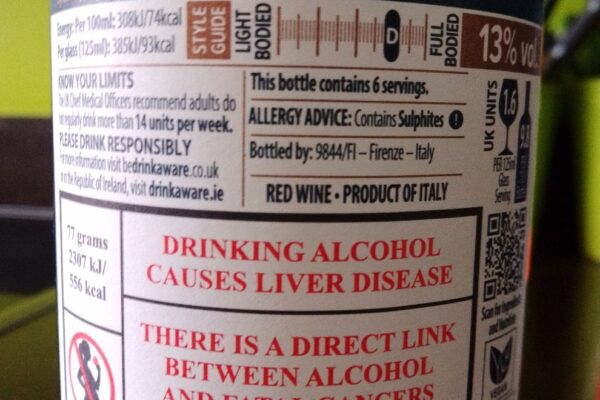
UK Ministers’ Alcohol Labelling Plans Alarm the Drinks Industry
The FT is reporting that UK ministers have triggered fresh unease in the drinks and hospitality sectors as they move ahead with discussions on possible new alcohol labelling rules, while also preparing to reverse course on the prospect of higher business rates for pubs in England. The Department of Health and Social Care is due…
-

Zebra Striping
Zebra striping means alternating glasses of wine with glasses of water throughout an occasion, creating a back-and-forth pattern rather like stripes. It is used to help slow the pace of drinking, support hydration, and make it easier to keep track of how much wine you have had, which can reduce the chance of feeling unwell…
-

Irish Wine Warnings Spill Over to the UK
On a recent trip to Aldi I picked up a bottle of wine and did a double-take. The back label carried a stark message that drinking causes liver disease, that there is a direct link between alcohol and fatal cancers. These are the new Irish-style warnings in a UK supermarket, even though this kind of…
-

British Consumers More Negative About Non-Alcoholic Wine
A new study investigates how consumers in Australia, the UK and the US perceive and evaluate non-alcoholic wine. It analyses more than eleven thousand online product reviews covering 326 products sold through major e-commerce platforms, applying sentiment analysis, topic modelling and logistic regression to identify what shapes satisfaction and how perceptions vary across markets and…
-
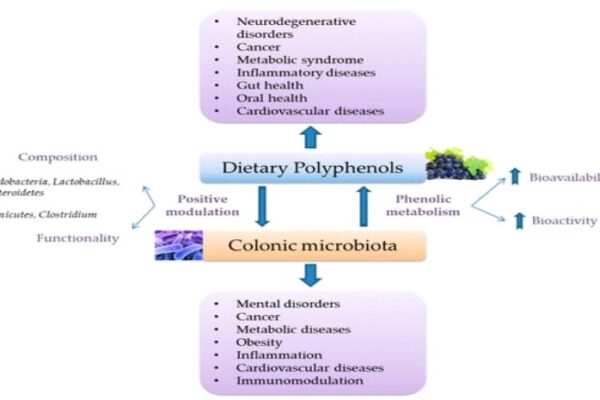
Wine, Neuroprotection and Gut Health
More new research (pdf) helps to balance the currently overly-negative narrative of wine and health. Chapter 6 of Nourish Your Mind: A Scientific Approach to Brain Health explores the role of phenolic metabolites from wine and their effects on cognitive and digestive processes. The chapter examines how these compounds, particularly polyphenols, contribute to neuroprotection, gut…
-

Wine, Flavonoids and Health
With much debate surrounding wine’s impact on health, here’s some balancing news. New research (pdf) offers an in-depth look at flavonoids, compounds found in wine that might tip the scales in favour of moderate consumption. In red wine, flavonoids make up as much as 90% of its phenolic content. These phenols, largely derived from the…
-

The Battle Between Science and Prohibitionists
David Morrison argues on his blog that current medical evidence does not support the claim that moderate wine consumption is harmful, though public health messaging has increasingly taken a prohibitionist stance. He critiques official health organisations, such as the WHO and the UK Chief Medical Officers, for their stringent guidelines on alcohol, pointing out a…
-
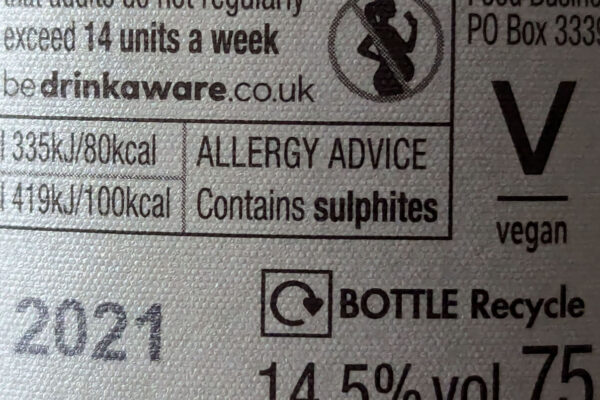
Exploring Plant-Based Alternatives to Sulphur Dioxide in Winemaking
Winemaking has long relied on sulphur dioxide (SO₂) for its antioxidant and antimicrobial properties, ensuring the stability and quality of wines. However, slight concerns about its health impacts and allergenic potential have prompted the search for natural alternatives. Recent research highlights the potential of a plant-based tannin blend (referred to as SDR) as a substitute…
-
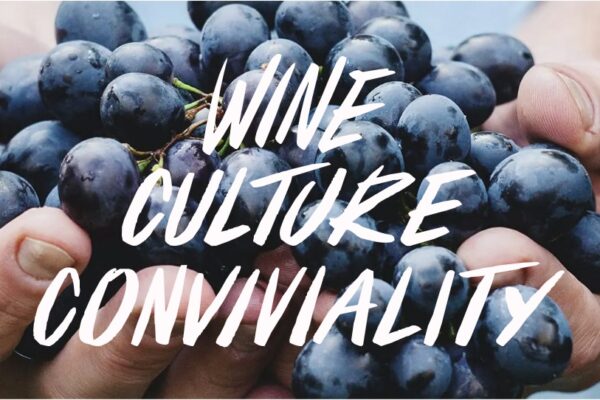
European Wine Industry Unites to Combat Anti-Alcohol Movement
The VITÆVINO Declaration is a newly launched initiative by major European wine organisations to combat the growing anti-alcohol movement, which has negatively impacted wine sales and wine culture. The declaration, signed on 1 October 2023, aims to defend European wine culture by highlighting four key points: preserving wine heritage, its economic role in rural areas,…
-

Label Design Influence on Consumer Attitudes Toward Organic Wine
New research ‘healthy = (un)tasty’ intuition concerning colour in organic wine labels explores how the colour of organic wine labels influences consumer perceptions, focusing on the associations with healthiness, tastiness and purchase intentions. The research investigates the effects of red versus green labels on these consumer attitudes. The study confirms that organic labels generally create…
-
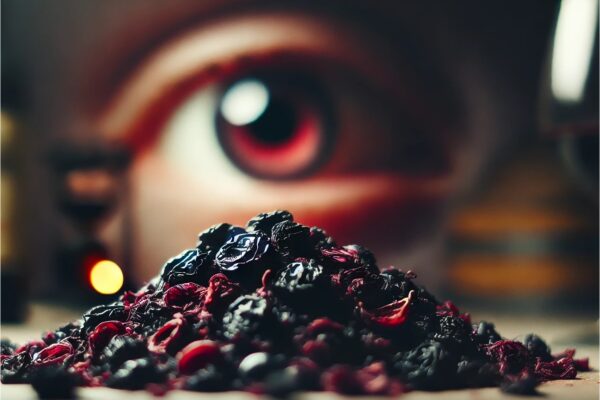
By-product of Winemaking Shows Promise in Treating Diabetic Eye Disease
There’s new research that highlights the potential of using grape pomace, a byproduct of winemaking, as a source of beneficial compounds for eye health. The study examined the effectiveness of a nutraceutical formulation called Maltodextrinated Grape Pomace Extract (MaGPE) in treating diabetic retinopathy, a common complication of diabetes that can lead to blindness. The study…
-

Risks and Benefits of Drinking for Older Adults
A new study looks into the belief that light to moderate drinking, particularly of wine, offers health benefits for older adults. The research, involving over 135,000 participants aged 60 and above from the UK, reveals that alcohol’s impact varies based on an individual’s existing health conditions and socioeconomic status. For those with pre-existing health issues…
-

Wine and Health
Recent declines in wine consumption have been linked to growing public health concerns, particularly those raised by the World Health Organisation (WHO) who have increasingly voiced concerns about alcohol consumption, culminating in a statement declaring that there is “no safe level” of alcohol consumption. This message reflects the influence of public health campaigns and some…
-

The Paradoxes of Dealcoholised Wine Production
In the DrinksBusiness, an anonymous wine producer criticises the growing trend of dealcoholised wines, arguing that the process is energy-intensive, costly, and significantly alters the wine’s original qualities, resulting in a product that lacks flavour and structure. The producer contends that the necessary additives to recreate the wine’s taste and stability are unnatural and environmentally…
-

New Research Adds to the Story of Wine and Health
Up to recently, there has been an intriguing relationship between culture, diet and health outcomes, particularly focusing on the Mediterranean diet and the historic and cultural significance of wine. The concept of the French Paradox played a central role in this narrative, highlighting the seemingly contradictory observation that the French population enjoys a lower incidence…
-

Heightened Alcohol Sensitivity After COVID-19 Recovery
There’s new research that looks into alcohol sensitivity experienced by individuals after recovering from COVID-19, known as Post-acute Sequelae of SARS-CoV-2 (PASC). It presents case series of patients who, after contracting COVID-19, began experiencing adverse reactions to alcohol that they hadn’t faced before, such as severe hangover symptoms from small amounts of alcohol. This suggests…
-

Reducing Wine Consumption Through Serving Size
New research titled ‘Impact on wine sales of removing the largest serving size by the glass‘, published in PLOS Medicine, explores the effect of reducing wine serving sizes on wine sales. The study, conducted across 21 licensed premises in England, used an A-B-A method to compare wine sales during periods with and without the availability…
-
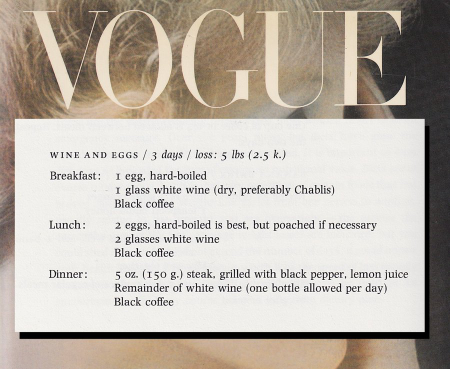
Wine and Eggs Diet Ineffective
The ‘wine and eggs’ diet has recently been highlighted as the most ineffective diet in a survey of 2,000 British dieters. This diet, which made a comeback on social media after originally appearing in Vogue magazine, suggests a daily intake of three to five eggs and a bottle of wine. It scored a 50 percent…
-

Young Britons Lead the Surge in Low and No Alcohol Drinks
Harpers is reporting revealing insight into the changing habits of UK drinkers. The latest YouGov poll, conducted in partnership with the Portman Group, has highlighted a significant shift towards low and no alcohol beverages, particularly among the younger generation. The survey, now in its sixth year, shows that nearly half of the 18-24 age group,…
Did You Know?
For Crémant, grapes must be harvested by hand and the wines must undergo at least nine months’ ageing before release. More
In 2024, the UK was the second-largest export market for Champagne globally, after the United States. More
Local UK bottling of wine represents about 40% of imported wine. More
Around 1% of people, typically severe asthmatics, have a sulphite sensitivity. More
A large 80% of Australian wine arrives in the UK in bulk. More
Only about 0.02% of Australia’s landmass is dedicated to vineyards. More
In 2024, New Zealand produced only 1% of the World’s wine. More
In 2024, the US imported 37% of World production of Pinot Grigio and the UK was is in second place at 27%. More
In 2024, the UK was South Africa’s largest export market, with 40% of total exports. More
In 2024, the United Kingdom imported 22.3 million bottles of Champagne, a decline of 12.7% compared to the previous year. More
Larger Champagne producers source grapes from as many as 80 different vineyards throughout Champagne. More
Champagne houses and growers collectively produce around 300 million bottles annually. More
In 2025, the Champagne region was home to about 2,124 Champagne houses and approximately 19,000 growers. More
Provence is one of the leaders in the conversion to organic viticulture, with 61% of vineyards certified. More
8% of the South Africa’s grape production is Fairtrade-certified. More
Up to 80% of wine aroma compounds come from grape skins. More
Glycerol is the third-largest component of most dry wines after water and alcohol which is why they so often feel ‘smooth’ or ‘silky’ in the mouth. More
Humans are more than 400 times more sensitive to bitter than sweet. More
Humans can detect the earthy molecule geosmin at about 100 parts per trillion and camels are so sensitive to it they can locate damp ground from roughly 50 miles away. More
During the phylloxera crisis of the nineteenth century, 90% of Europe’s vineyards were destroyed. More
In 2025, for La Vieille Ferme, also known as “The Chicken Wine”, sales surged by 49.4% to £110.8 million. More
In 2025, in the UK, Yellow Tail held the top position with sales, marking a 9.8% increase over the previous year. More
In 2024, the UK was the second-largest wine importer in volume and value. More
In 2024, the UK was the fifth-largest wine-consuming country globally. More
In 2025, global wine consumption continued its downward trend, estimated at 214.2 million hectolitres, the lowest since 1961. More
In 2025, online alcohol sales had a 20% increase in value over five years. More
In 2025, the number of UK vineyards rose to 1,104 and wineries to 238, with land under vine expanding to 4,841 hectares, a 510% increase since 2005. More
Moët Hennessy alone commands nearly 46.66% of the Champagne market, with the top three producers together holding about 61%, and the top five controlling over 72%. More
In 2024, the Champagne market was worth roughly €3.92 billion. More
In the marketing year 2023/24, white wine accounted for roughly 55% of Spain’s output, whereas red and rosé together made up about 45%. More
In the UK, 92% of wine is consumed within 48hrs of purchase. More
The majority of wines, 95%, use commercial rather than wild yeast. More
Between 0.5 and 10 litres of water, per litre of wine, are needed for cleaning during winemaking. More
Machine harvesting can achieve up to 100 tons of fruit per day vs 1 ton for a human. More
In Germany, 2025 was the smallest wine vintage since 2010. More
The majority of vineyards, 90% in 2019, are farmed with heavy chemical interventions. Only 6% are organic. More
90% of low and coastal areas in south Europe and California will no longer be able to produce good wine by the end of the century. More
IMAGE WALL
Tools
Recent
-

25% Off Wine at Asda
-
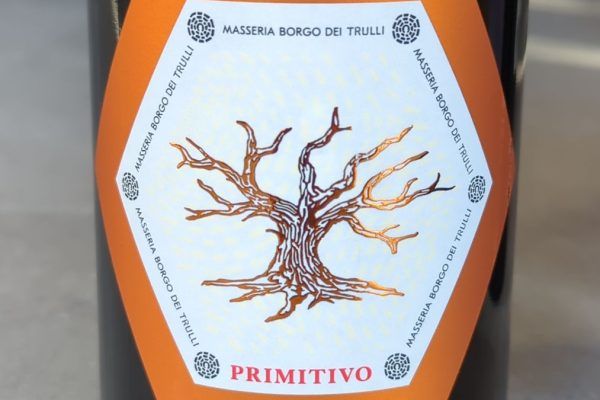
Lucale Primitivo Appassimento
-
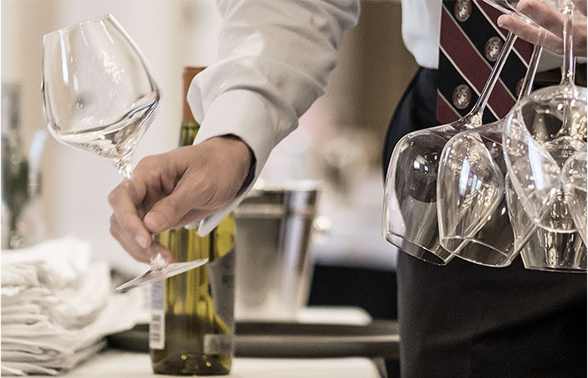
UK’s Top Restaurant Wine Lists Revealed
-

Three Bowls Rosé
-

Salvio Ribera de Duero
-

Three Bowls Xinomavro
-

Piccini Collezione Oro Chianti Superiore
-
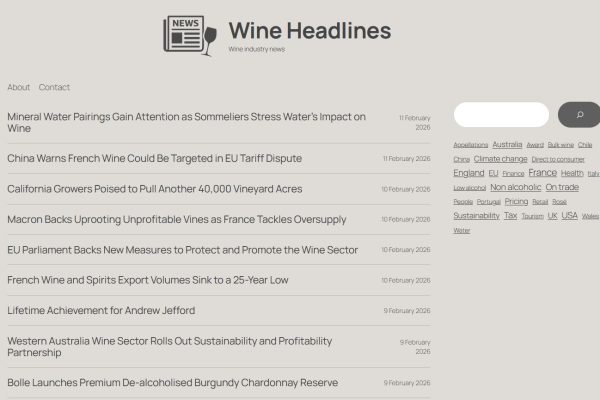
Introducing Wine Headlines: Daily Industry News
-

Wales to Raise Minimum Alcohol Price to 65p per Unit
-

Irresistible Montepulciano D’Abruzzo Riserva
Tags
25% Off Wine Aldi Amarone Argentina Articles Asda Australia Award Awards25 Bibendum Bizarre Blog Books Bordeaux Bulk Bottling Cabernet Sauvignon Carménère Cava Champagne Chardonnay Chenin Blanc Chile Climate Change Coop Decanter Duty English Wine EPR Events Fairtrade Food France Germany Glossary Greece Headaches Health Hungary Italy IWSC Jeroboams Laithwaites Legislation Liberty Wines Lidl Low Alcohol M&S Majestic Malbec Merch Merlot Morrisons Natural News New Zealand Non-Alcoholic Ocado Old Vine Organic Past Tastings Pinotage Pinot Noir Port Portugal Primitivo Prosecco Regulations Reviews Ribera del Duero Riesling Rioja Ripasso Rose Sainsbury's Saperavi Sauvignon Blanc Selfridges Shiraz Sicily South Africa Spain Sparkling Supermarkets Sustainable Tax Terroir Tesco The Wine Society Unrepresented USA Valpolicella Virgin Wines Waitrose Wanderlust Welsh Wine What to Buy Wine Art WineGB WIne Glasses Zinfandel




